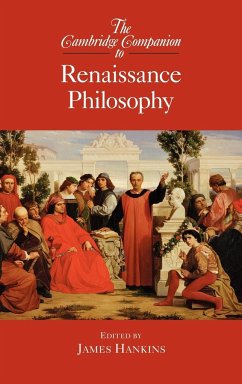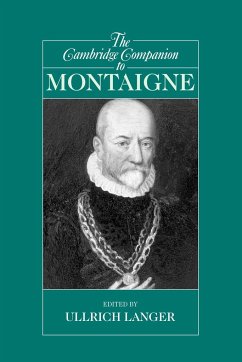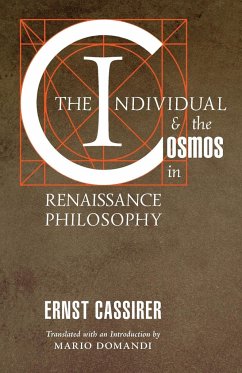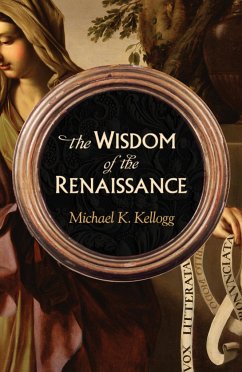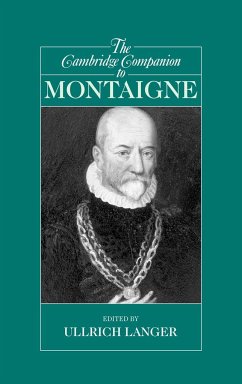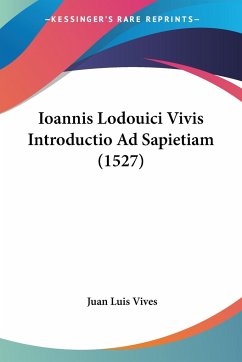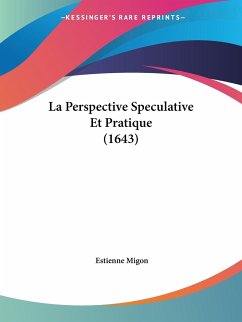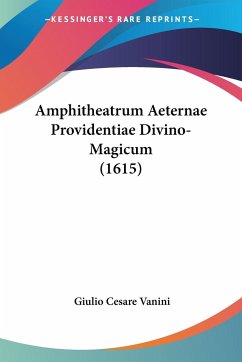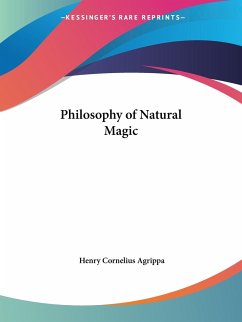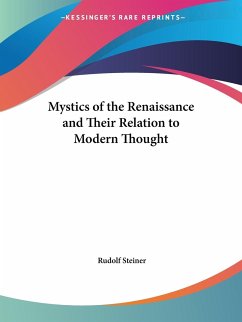
Mystics of the Renaissance and Their Relation to Modern Thought
Versandkostenfrei!
Versandfertig in 1-2 Wochen
28,99 €
inkl. MwSt.

PAYBACK Punkte
14 °P sammeln!
""Mystics of the Renaissance and Their Relation to Modern Thought"" is a book written by Rudolf Steiner that explores the lives and teachings of several prominent mystics from the Renaissance era, including Paracelsus, Jacob Boehme, and Giordano Bruno. Steiner examines the ways in which these mystics influenced the development of modern thought, particularly in the areas of science, philosophy, and spirituality. He argues that their ideas and insights continue to be relevant and valuable today, and that they offer a unique perspective on the nature of reality and the human experience. The book...
""Mystics of the Renaissance and Their Relation to Modern Thought"" is a book written by Rudolf Steiner that explores the lives and teachings of several prominent mystics from the Renaissance era, including Paracelsus, Jacob Boehme, and Giordano Bruno. Steiner examines the ways in which these mystics influenced the development of modern thought, particularly in the areas of science, philosophy, and spirituality. He argues that their ideas and insights continue to be relevant and valuable today, and that they offer a unique perspective on the nature of reality and the human experience. The book is a comprehensive and insightful exploration of the intersection of mysticism and modern thought, and is a must-read for anyone interested in the history of ideas and the evolution of human consciousness.1911. Including: Meister Eckhart,Tauler, Paracelsus, Jacob Boehme, Giordano Bruno and Others.This scarce antiquarian book is a facsimile reprint of the old original and may contain some imperfections such as library marks and notations. Because we believe this work is culturally important, we have made it available as part of our commitment for protecting, preserving, and promoting the world's literature in affordable, high quality, modern editions, that are true to their original work.




